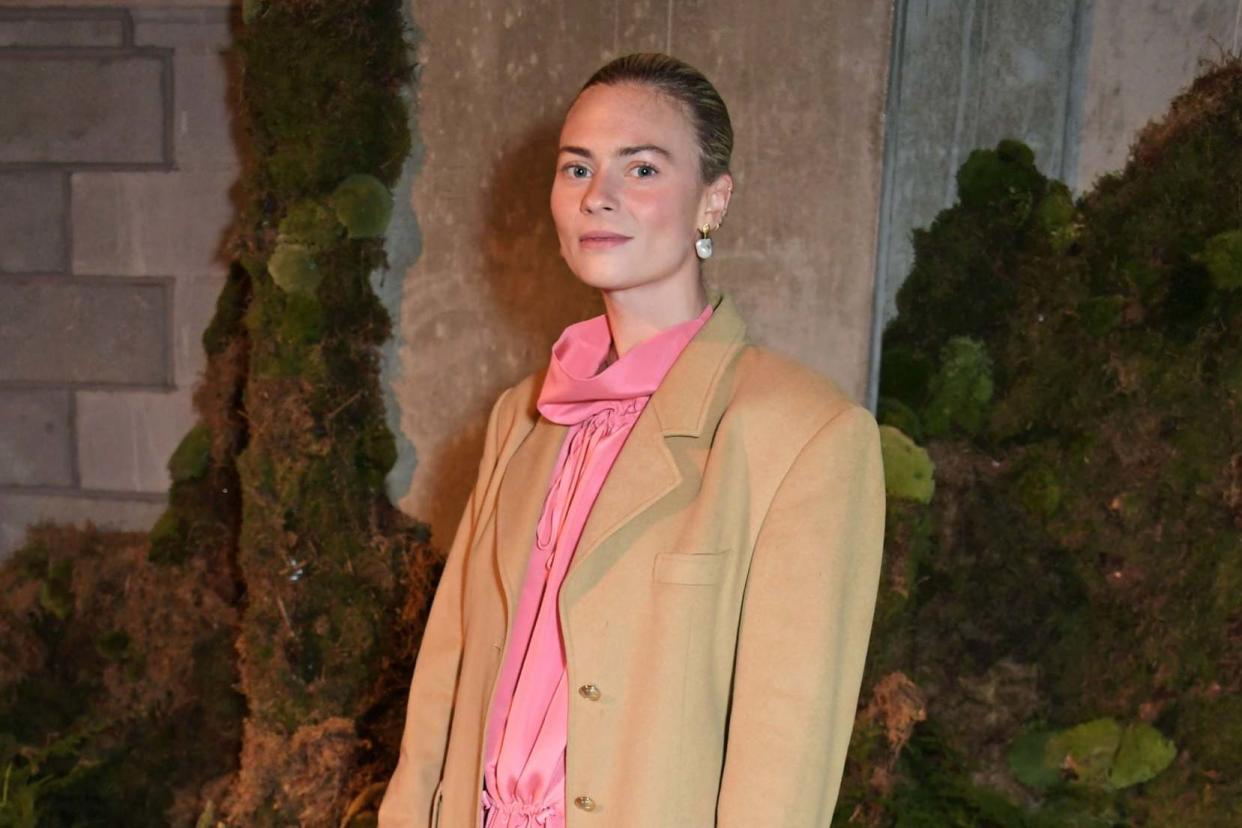There’s a new candour around pregnancy and motherhood — but the backlash is already here

Is it just me, or has there been a particular candour around pregnancy and motherhood recently? It’s likely exacerbated by current logistics, which add an extra layer of anxiety to the experience of birth, and borne of the Government’s obfuscation around Covid-19, and the ever-widening gender carework gap. So far, so fair and yet — quelle surprise — such candour proves divisive.
I’ve found myself recently grateful to the celebrities who disclose painful or unedifying truths about pregnancy and motherhood — fleshing it out beyond the false binary that it is either glorious, or terrible, but never both. “It’s like she’s devastated me, and made me feel purposeful and full at the same time,” said Paloma Faith of her three-year-old daughter last week. The week previous, Chrissy Teigen shared a series of tragic portraits of herself and her husband, John Legend, in hospital after discovering that their newborn son, Jack, had died.
These stories are very different. And yet the common thread between Paloma’s words about parenting and Chrissy’s caption about child bereavement is that for every person (because men care about parenting, and miscarriage, too) grateful for their radical transparency, there was someone dismayed at how inappropriate it all was. As if committing their personal experiences to the internet leached them of meaning. “Women who go on and on and on about their childbirth experiences are so tedious and boring,” wrote a commentator under an article about Paloma. “We’ve been having babies for an eternity and yes it’s certainly a miracle of life, but now it seems to have become an obsession,” groaned another. On social media, people went on and on about regret, going out of their way to pompously inform a woman whose baby had just died, that she would wish she had not sent her tweet. As if regret isn’t something that can be attached to almost everything we do. As if regret could be worse than the heartbreak itself.
There are multiple ways in which a woman may be shamed for her sharing. Firstly, there is the judgment veiled as compassion. I feel so sad for you, but shouldn’t you keep this stuff private? Secondly, the concern that polite society is at risk. If we hold nothing back, what will be left! There is the eye-rolling about how dull and tedious women with babies are. And then, of course, there is the “fear” that women simply won’t have children, if we keep up this scaremongering. What, I wonder, is the alternative? To amplify the stories from the tiny majority of women who had orgasms during birth? To pretend that one in four pregnancies does not result in miscarriage?
Judgment is veiled as compassion: ‘I feel so sad for you, but shouldn’t you keep this stuff private?’
There is a point at which every mother realises that her parenting is for public consumption. That her decisions make up a buffet at which people may conga line their way through uninvited, with either a nod or a scoff. But telling a woman, celebrity or otherwise, that she should tuck away her truths, or slink off with her broken heart, is not an act of generosity — it is an invalidation of their pain. True compassion would have you scroll on, without leaving a comment. To understand that while some people bleed in private, others are compelled to do so in public.
I do not tend to share my vulnerabilities. But I am immensely grateful to the women who do. It goes beyond mere catharsis — it helps other women put their unnamed pain into words. Sharing is not one-size-fits-all. And in truth, this isn’t really about sharing. It’s about allowing women to feel relief and grief; to experience both joy and regret. Sometimes, all at the same time.

 Yahoo News
Yahoo News 
